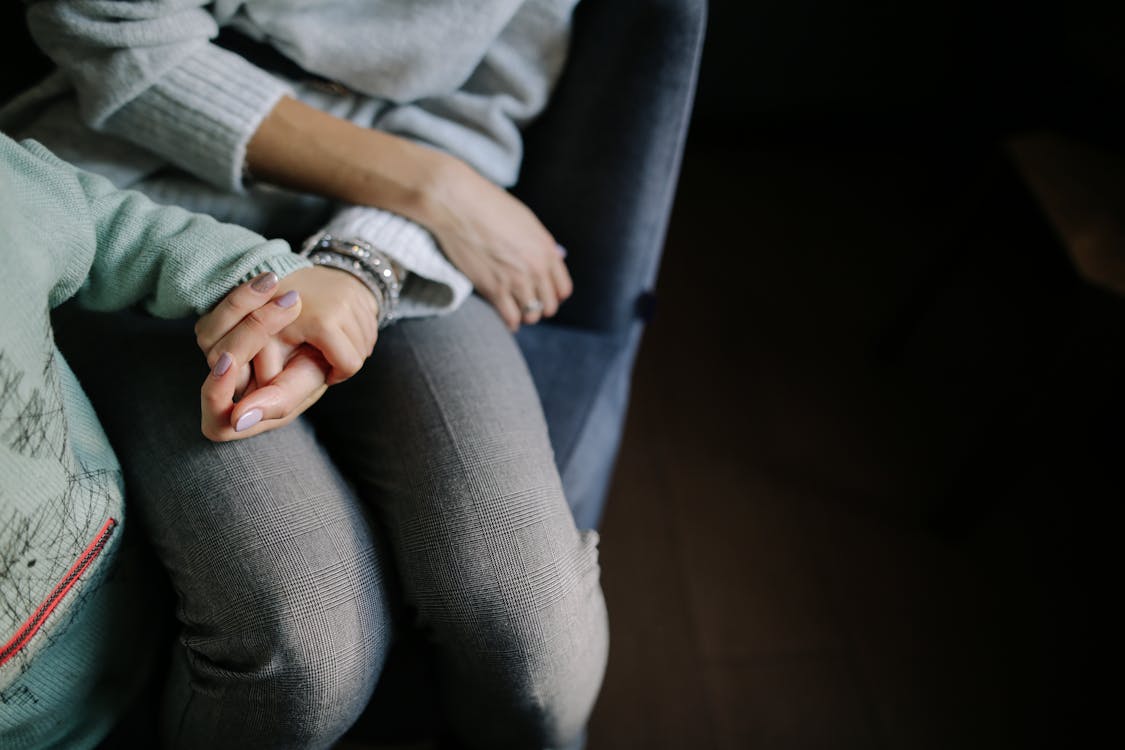
By Dr Emily Ball
Department of Social Policy, Sociology and Criminology
The controversial continuation of the two-child cap by the Labour administration means low-income families will not receive welfare support under Universal Credit, nor will they be able to claim child tax credits, for their third or any subsequent children. This impacts 1 in 9 families in the UK and means that those families will miss out on up to £3,455 for their third and subsequent children.
The two-child cap was implemented during David Cameron’s Conservative administration to ensure that families claiming benefits should not be afforded financial freedoms (such as having a third child) that ‘hard working families’ (those who are active in the labour market) may have to sacrifice due to financial constraints.
The cap is, unfortunately, just one of many strands of welfare reform that are sold to the public as fair, when in reality they do little more than sit pretty on an ideologically conservative soapbox. The welfare state is portrayed as a generous breeding incentive for irresponsible families looking to bankroll housing and work-shyness by having large families who will grow up to follow this cycle of ‘poor’ outcomes.
This narrative aims to demarcate the ‘deserving’ and the ‘undeserving’ larger family, when the reality is that most families claiming universal credit are in work. Rather, it is the fall in real wages and inadequate working conditions that often mean families turn to social security to stop them falling below the poverty line. Whilst tagged under the guise of fairness, what is happening is in fact a legitimisation of net reductions in family income and the generation of an increase in (child) poverty. Bringing up the next generation of workers is no longer deemed a social contribution, but a hobby. Remember that it is acceptable to be paid to look after someone else’s children, but looking after your own children does not bring in a wage and the welfare state is not an extra baby-daddy.
Targeting children specifically is the lowest blow in a melange of nudging families into the aspirational, autonomous and entrepreneurial worker-citizen family that neoliberal governments like to postulate. However, there is no evidence that the two-child cap has had any real impact on employment rates or family size (although families are now thinking twice about having a third child).
What the cap does have an impact on, which is exacerbated by broader economic contexts such as the cost of living, is the material and lived experiences of navigating a low income, whilst trying to meet the demands of parenting. A statement from a speaker at a recent academic conference has stayed with me; “poverty is bad, and bad things happen when people experience poverty”. In this situation, families are having to turn to foodbanks for sustenance, sleep in coats to keep warm and face a huge emotional strain to get by on a day-to-day basis.
What is ironic is that cuts to welfare which pedal poverty actually increase the demand for public services. For example, health and social work interventions are triggered due to parenting ‘neglect’ – children becoming poorly, misbehaving in class because they are hungry or turning up in unwashed uniforms.
In the longer term, children and adults can expect to do worse in employment and spend less time in good physical and mental health.
Social security is therefore reconstituted not as a safety net, but fear of poverty is used as a motivator to not fall into crisis, become unemployed, experience relationship breakdown or have a family bigger than two children. However, for children, who have no agency in these decisions, this policy is insidious.
Keir Starmer, the newly elected Labour Prime Minister and a Human Rights lawyer by trade, is abandoning traditional Labour party and broader Human Rights’ principles that do not tolerate hardship, and instead is erring on pragmatics as a reason to justify why there is to be no U-turn on the two-child cap. Despite pressure from Labour ‘rebels’, opposition parties and the devolved nations, Starmer’s riposte is that the inherited debt from the previous Conservative government means that there is not the scope right now (but there might be in the future) to scrap the two-child cap.
However, like all austerity policies, the two-child cap policy is a choice. A choice was made during the Global Economic crash to punish those with the least power (i.e. those at the mercy of the welfare state) for the actions of the those with the most (as at least the bankers were trying to make money after all…). During Covid, where economic conditions matched those of the crash, spending increased through furlough policies to protect worker-citizens who were doing the right thing (i.e. had employment). These observations signal that even in the most extreme of circumstances, contingencies can be found. The trade-off is extra cost (£1.7 billion), the trade ‘on’ is justice – pulling at least 300,000 children out of entrenched poverty.
The continued shedding of Labour’s image as the ‘spending party’ should not take precedence over the cruelty of the two-child cap and the responsibility for helping a generation of children who will grow up with their needs not being met. Increasing the wages of workers in the social sector is a good start, and the admission that there needs to be a long-term holistic strategy of centralised welfare spending across social policy sectors is correct. But as it stands, we have inherited and will continue to follow an apathetic playbook where the welfare system has forgotten how to support human welfare and a new Prime Minister who is perpetuating rote anti-welfare imaginaries, to punish the poor in order to gain partisan popularity.
Statistics from the Child Poverty Action Group
- Find out more about Dr Emily Ball
- Back to Social Sciences Birmingham
The views and opinions expressed in this article are those of the author and do not necessarily reflect the official policy or position of the University of Birmingham.
